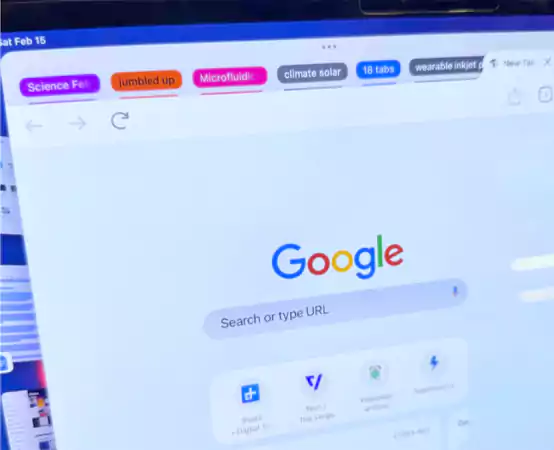
As reported by BBC, Google has rolled out a new tracking regulation across various connected devices, including smartphones, gaming consoles, and smart TVs. The tech giant has again made a comeback to using the fingerprint tracking method, which was earlier condemned by the company in 2019 as wrong.
According to Google, so many other companies use a similar data practice; they made this tracking available starting February 16, 2024. Yet, this would not ease concerns because fingerprinting is about collecting specific detailed information regarding a device’s hardware and software. This allows one to identify a specific device or even a user very precisely.
Privacy advocates called Google’s new policy of tracking “a blatant disregard for user privacy”. According to Mozilla’s Martin Thomson, “Google has given itself — and the advertisement industry it operates the right to use a tracking method that users have little capacity to block.”
In an earlier response to the criticisms, Google told BBC News that “privacy-enhancing technologies are giving new opportunities for our partners to thrive on new platforms-and not sacrificing user privacy.” Moreover, the feature was announced in December with little regard earlier before suddenly facing a lot of backlash.
The tech giant, Google also mentioned that traditional methods of data collection on these devices like consoles and TVs made it difficult to target ads effectively, as users had control over cookie consent.
Fingerprint in simple terms is the technique of tracking through which details of your browser and device are collated in order to create a profile for users. It uses that data to serve targeted advertisements, with advertisers tailoring according to screen size, language, etc.
More importantly even when combined with battery level, time zone, and browser types it makes the task of entering the web services a lot easier so that it can be identified who is assessing it.
